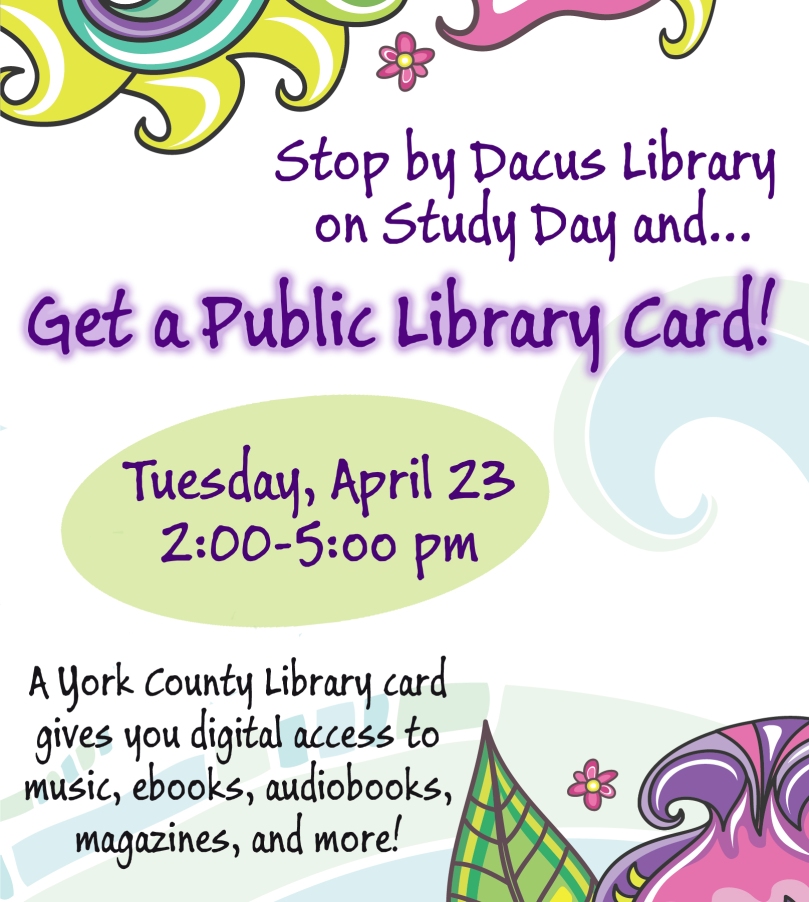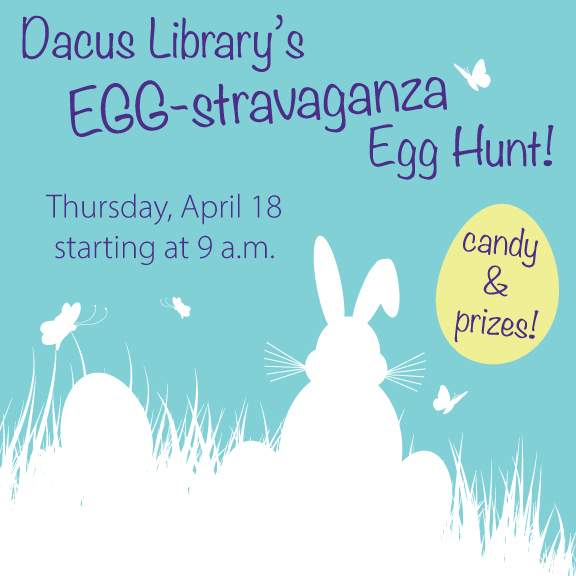For several years now, you’ve heard me drone on about open access (OA as it is sometimes called). So what is the big deal and why is it suddenly so important? It has gained momentum in recent years, the OA market share according to Delta Think as reported by Scholarly Kitchen moved from $389M in 2015, to $470M in 2016. More importantly, the total market volume is now approaching twenty-five percent.
But let’s begin at the beginning. What is OA? Open access is a way of dealing with scholarly communication in which both the access to and the copyright protections are in place. The access part is free, or rather from the user’s perspective there is little or no cost. Under the current scheme of things, publishers tap scholars to edit journals, write up conference proceedings, and publish research. Most of the time, scholars receive little if any remuneration. The so-called “publish or perish” mandate for tenure and promotion really played (and plays) into this calculus.
Once publishers have the content, they copyright it for themselves and then charge libraries to gain access to it. Oftentimes, that charge is formidable. Part of the reason for this cost is that almost all scholarly journals have little or no advertising in them. This only makes sense. What good will it do Ford to advertise in the Journal of Cellular Biology? Missing this revenue, publishers have turned to the only remaining source: libraries, and often charging them two, three, and even four times as much as what an individual subscription would cost.
Most libraries managed this well until the seventies and then things changed rather rapidly. Costs for access to this scholarly communication skyrocketed, doubling, tripling, and even quadrupling over the next few decades. It goes without saying that library budgets did not increase at the same rate. In fact, they hardly increased at all.
This modality of scholarly communication remained entrenched for decades. Publish or perish, mentioned above, made certain that scholars would look for ways to meet that demand. Accrediting bodies made certain libraries would have to pay the price, perhaps not intentionally, but practically. Accrediting committees looked for certain journals in certain fields, and these typically proved to be the most expensive. No one intended for matters to get out of hand, but they did. Libraries that paid $100,000 for X content, found themselves paying $300,00 for the very same content five or six years later. To put the matter in perspective, when I came to Winthrop in 1999, we paid about $600,000 for all scholarly content. This year, we will pay about $1.2 million with only a small percentage new or different from what we took in 1999.
In an effort to stem the red tide, libraries began looking for alternatives. Even though OA has been around for about three decades, even before the Internet, it made no visible inroads the first ten or fifteen years. That began to change in the 2000s, and by 2005, OA was making a slow but steady push.
Scholars remained skeptical. Peer review, often thought to be the gold standard for scholarly communication, had found a comfortable seat behind the wheel, and OA had a very hard time even getting a seat in the car, much less the driver’s seat. Even after peer review took its own lumps, scholars still remain skittish about OA.
As OA matured and costs increased, platforms like bepress [sic] made it much easier to share content. In fact, it proved the perfect delivery system for an institution’s intellectual footprint. Meanwhile, even peer review proved fallible, and several scandals struck hard at its place on scholarly communication.
Today, OA and OER (online educational resources) are everywhere. Winthrop maintains its own intellectual footprint with its Digital Commons, not unlike the thousands of other institutions doing the same. Some faculty are now using OpenStax or some other database of open access textbooks. And many faculty are now more comfortable depositing their research in our Digital Commons where their work is showcased literally around the world.
All that remains is for you to get on board and help us expand our use of open access. On 27 October, Dacus is hosting a celebration of Open Access with door prizes, food and refreshments, and knowledge. You’ll also hear from your own colleagues, how they have used OA, and how it might be something you can use, too.
I hope you’ll join us 27 October from 1:30-3:30. You’ll gain some important information. But more than that, you’ll be helping your students, other faculty, and your library break the stranglehold that has held scholarly communication in the hands of a privileged few.
Please join us!








